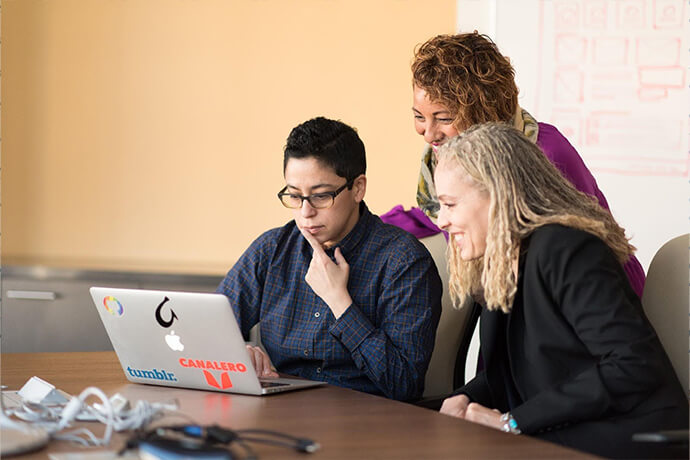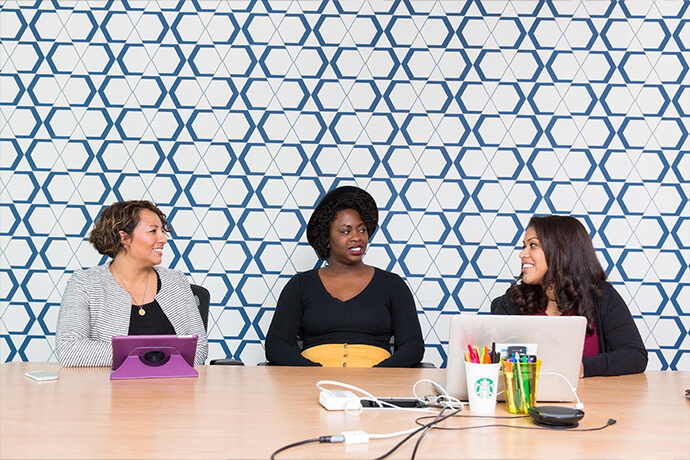 SPEAKERS
SPEAKERS
 TOPICS
TOPICS
Decades ago, unequal opportunities prevailed; now, inclusivity is an expectation. Today's businesses thrive by embracing diversity for a brighter, equitable future.

Diversity and inclusion have become common buzzwords in the world of business hiring. Just a few decades back, it wasn't common to see diversity and inclusion in workplaces. It was more common for people of the white community to gain better access to employment opportunities than their darker skinned counterparts. But things have changed, and these days, businesses are expected to be inclusive.
Discriminating against anyone on the basis of their skin color, their sexual orientation, or anything else not associated with their work performance, is frowned upon. But what exactly is diversity in the workplace?
Diversity at work refers to accepting and hiring employees that come from all kinds of backgrounds. These days, having a diverse pool of employees can be seen as a valuable asset for businesses. This is as workplaces that are diverse and inclusive tend to acknowledge the strength of each of their employees, alongside what they can do for the company. It refers to showing respect for the skills that every individual employee brings to the table. Nowadays inclusion at work is becoming more important, but why?
All workers, regardless of their gender, the colour of their skin, their age or their ethnicity, can work together professionally. Alongside this, their physical abilities, their sexual orientation and even their religious beliefs should not be used as an excuse to deprive them of equal opportunities. In an inclusive workplace, the employers will need to ensure that discrimination at work is curtailed. They can do this is many ways, one of which is asking a diversity speaker to talk to the employees on the benefits of an inclusive workplace.

There's a need to recognize the different kinds of workplace diversity there is. This helps ensure that you contribute towards a workplace that is both diverse and inclusive. One thing you can do as an employer is hire people who face barriers when it comes to securing employment. After they are hired, treat then in a fair manner. This can in turn inspire other employees of that community to come and work for your business. This helps you set up a diverse workplace where the employees have several skill sets.
In many countries, incentives are being put forward by the government to make workplaces more inclusive. In the UK, a business with a diverse workforce is seen as a better place to work. If your workforce is diverse, then going ahead you'll face less challenges in attracting top talent to work for you.
Here are some ways that you can make your workplace more diverse:
The importance of inclusion can't be understated. The diversity speakers from Speaker Agency can help you make clear to your employees why it's important for modern workplaces to be diverse and inclusive.

When you have a multicultural workplace, there are multiple advantages that this could bring you. You'll find that:
Diversity and LGBT speakers can help you and your employees learn more about the importance of diversity and inclusivity at work. From hiring better talent to being seen by clients and the target market as a better place to work, there are several reasons to adopt inclusivity in the workplace. This guide takes you through what diversity and inclusivity at work is and why it's important.